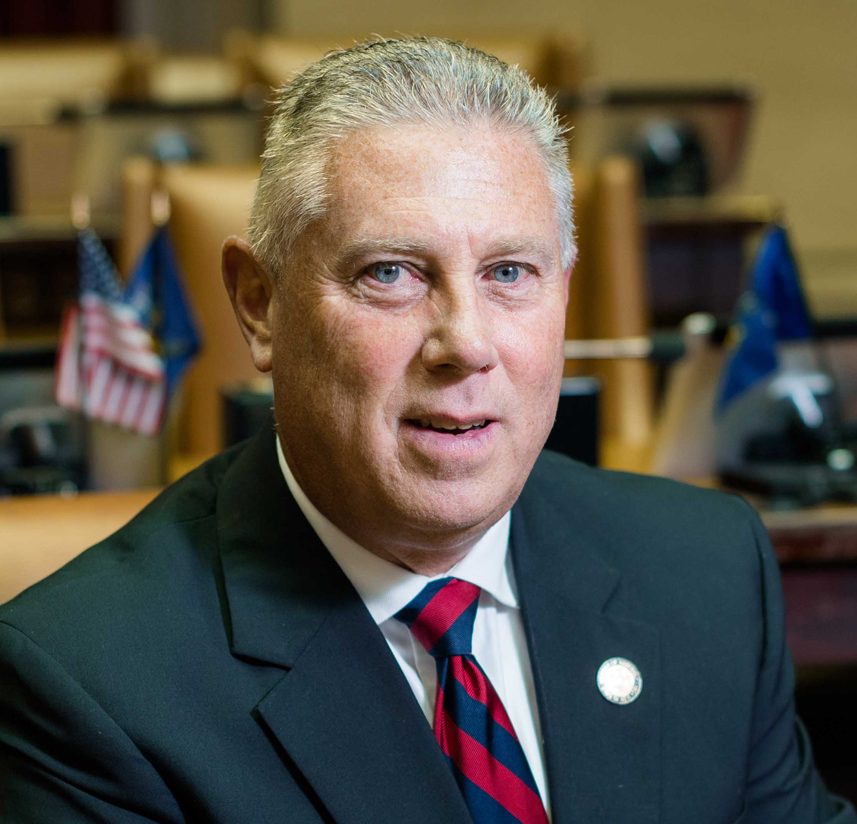
New York must do more to support formerly incarcerated individuals who have a disability
Justice demands that we as a society do all we can to help formerly incarcerated New Yorkers thrive in the community – through opportunities for stable jobs, good housing and appropriate supports. Partnering with Gov. Hochul, we in the Legislature have made this a priority.
What’s not well known about this population is that people with disabilities are overrepresented at all stages of the criminal justice system, from jail and prison to probation and parole.
According to a February 2024 report by the Prison Population Initiative, 40 percent of all incarcerated individuals have a disability, compared to 15 percent of the United States general population.
For women alone, those incarcerated with disabilities rises to 50 percent.
Cognitive disabilities, including autism, Down Syndrome, and learning disorders, affect about one-fourth of incarcerated people. Visual, hearing, and ambulatory disabilities are not uncommon, and individuals with these disabilities are often overlooked and subject to inhumane treatment.
The implications are not difficult to see.
To address just one part of this complicated issue, Senator Jeremy Cooney of Rochester and I have proposed legislation that makes it easier for the formerly incarcerated to obtain employment through New York State’s Preferred Source program.
This legislation would help the formerly incarcerated, many of whom live with a disability, secure stabilizing employment opportunities.
One path for those jobs would be through New York State Industries for the Disabled, Inc. (NYSID), a non-profit created 50 years ago, after the Willowbrook scandals focused national attention on our state’s awful treatment of people with intellectual and developmental disabilities.
NYSID has a network of service providers that provide vocational and rehabilitative training to formerly incarcerated individuals. Opening the Preferred Source program to those formerly incarcerated would allow those individuals employment opportunities at re-entry.
NYSID could better find and provide services to individuals with disabilities through expansion of its services to those who have been formerly incarcerated.
NYSID currently works with non-profits that serve both individuals with disabilities and individuals that have been formerly incarcerated. Those agencies include Second Chance Opportunities in Albany, the Osborne Association, Fedcap Rehabilitation and Goodwill of Greater New York and Northern New Jersey in New York City, Goodwill Finger Lakes in Rochester, and Peter Young Housing Industries in Albany.
This bill isn’t just good criminal justice policy, it’s good economic policy, good tax policy, and good human policy. It will reduce recidivism and help the formerly incarcerated secure employment, which generates income tax for the state and reduces human service spending.
Contracts facilitated through the Preferred Source program and NYSID have a massive impact on our state’s economy. In its most recent economic impact study of the program, the Rockefeller Institute found that New York’s nonprofit disability service providers generated $14.3 billion in economic output, supported nearly 200,000 full-time jobs and contributed $2.2 billion in federal and state tax revenue. NYSID alone generated $407.3 million in economic impact.
And our bill will have no negative impact on the state budget.
There is so much to do as we address issues related to those formerly incarcerated, individuals with intellectual or developmental disabilities and the huge overlap between those two populations. Our legislation takes an important step in the right direction.
John T. McDonald III (D) represents New York’s 108th Assembly District in Albany and Rensselaer counties, and Chairs the Assembly Committee on Governmental Operations.

